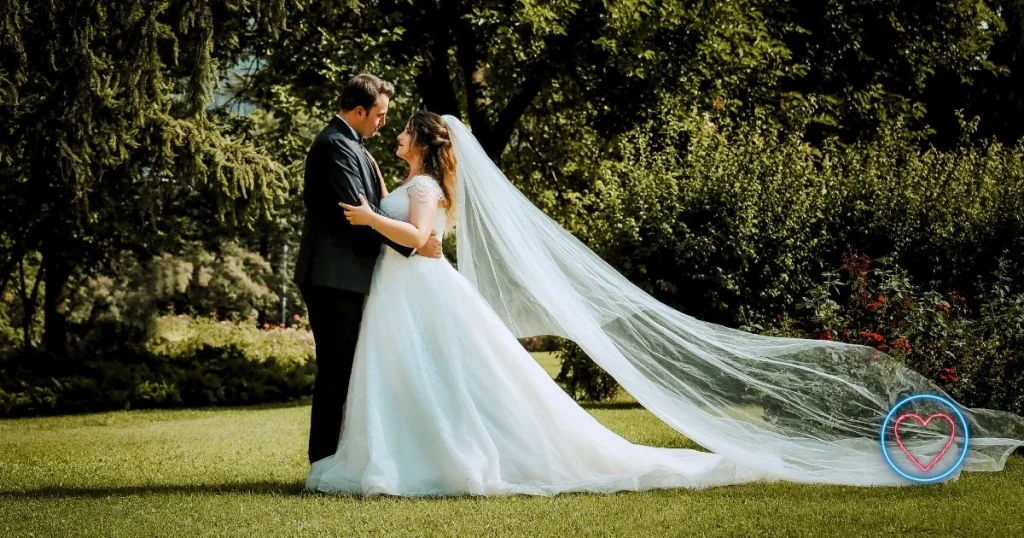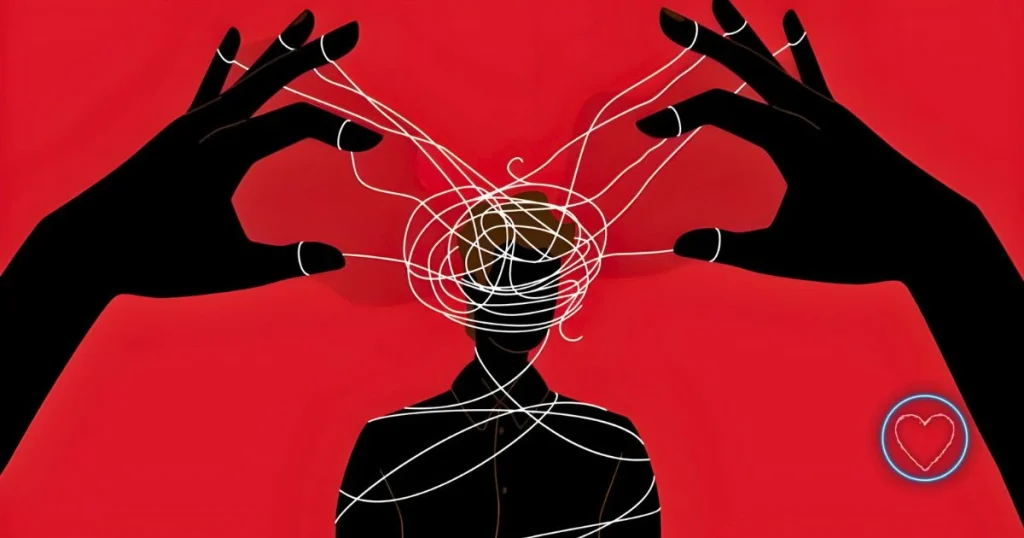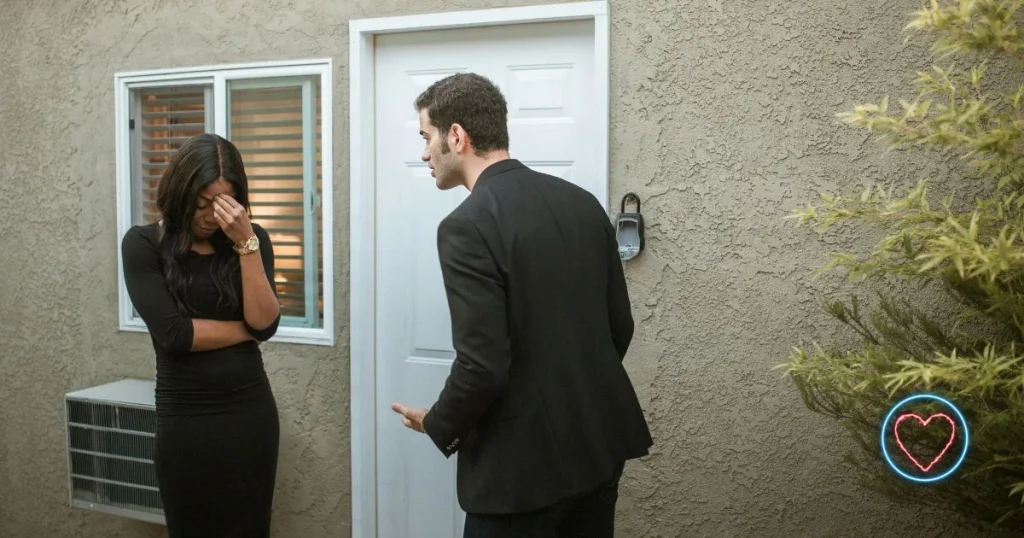Love, as romantic and exciting as it is, isn’t just about grand gestures and poetic confessions. At its core, love thrives on emotional maturity—the ability to navigate the complexities of connection with empathy, accountability, and self-awareness. Emotional maturity doesn’t mean being perfect; it means showing up for your partner and for yourself with clarity, compassion, and a willingness to grow.
So, how do you know if you’re emotionally mature in love? Here are 15 unmistakable signs:
1. You Communicate Clearly and Calmly
Emotionally mature individuals understand that communication is the lifeline of a healthy relationship. You don’t rely on passive-aggressive comments, silent treatment, or explosive arguments to get your point across. Instead, you express your thoughts honestly and respectfully, even when the subject is difficult. You don’t talk to win—you talk to understand.
2. You Take Responsibility for Your Emotions
You don’t blame your partner for “making” you feel a certain way. While your partner’s actions can trigger emotions, you recognize that your emotional responses are ultimately your own to manage. You work through your feelings instead of projecting them.
3. You Don’t Try to ‘Fix’ Your Partner
Love isn’t about turning someone into your ideal version of them. When you’re emotionally mature, you accept your partner as they are, flaws and all. You encourage growth, but you don’t demand change as a condition of your affection. You know the difference between support and control.
4. You Handle Conflict with Respect
Conflict is inevitable. What sets mature partners apart is how they handle it. You don’t escalate arguments into personal attacks or bring up past mistakes to win points. Instead, you approach disagreements with the intention to resolve, not to hurt.
5. You Give (and Expect) Healthy Space
Being in love doesn’t mean being glued together. Emotional maturity allows for individuality within togetherness. You respect your partner’s need for space, time alone, and independent pursuits—and you require the same for yourself. You know that absence can sometimes strengthen connection.
6. You’re Not Afraid to Apologize
A sincere apology requires humility and accountability—both marks of maturity. You’re able to say “I was wrong” without defensiveness. You don’t just say “sorry” to end an argument, but because you genuinely want to repair the connection.
7. You Don’t Play Games
No silent treatment, no manipulation, no withholding affection to punish. You don’t flirt with others to make your partner jealous or pretend to be less interested to gain power. Emotional maturity values honesty and transparency over mind games.
8. You Have a Life Outside the Relationship
Being in love doesn’t mean losing your identity. You continue to nurture your friendships, hobbies, career, and personal development. You understand that a healthy relationship complements your life—it doesn’t consume it.
9. You Can Be Vulnerable
Letting someone see your true self—fears, insecurities, dreams, and all—takes courage. If you’re emotionally mature, you don’t hide behind emotional walls. You open up, trusting that your partner will hold your vulnerability with care.
10. You Don’t Fear Tough Conversations
Whether it’s discussing finances, past relationships, boundaries, or unmet needs, you don’t avoid uncomfortable conversations. You know these talks are crucial for building trust, and you’d rather address them early than let resentment fester.
11. You Celebrate Their Success (Without Insecurity)
When your partner achieves something, you’re genuinely happy for them. You don’t feel threatened or left behind—you cheer them on. Emotional maturity allows you to support your partner’s growth, even when it outpaces your own.
12. You Trust—And Earn Trust
Trust isn’t just given; it’s nurtured through consistent honesty, reliability, and respect. You keep your promises, stay true to your word, and trust your partner unless given a reason not to. Suspicion without cause isn’t a norm in emotionally mature love.
13. You Don’t Idealize or Devalue
You don’t put your partner on a pedestal, expecting them to fulfill every emotional need. Nor do you tear them down when they disappoint you. You see them as a real person—complex, imperfect, lovable—not a fantasy or a failure.
14. You’re Not Afraid of Being Alone
You’re with your partner because you choose them, not because you’re afraid of being single. That security makes for a deeper bond because you’re not staying out of dependency—you’re staying out of desire.
15. You Want Growth, Not Perfection
You don’t expect your relationship to be free of mistakes or messy emotions. Instead, you focus on growing together, learning from setbacks, and becoming better partners over time. You know that real love isn’t static—it evolves, and so do you.
Why Emotional Maturity Matters in Love
Emotional immaturity often shows up as drama, manipulation, or emotional volatility. These behaviors may create excitement at first, but they rarely sustain long-term connection. On the other hand, emotional maturity lays the foundation for a love that is deep, stable, and nourishing.
Here’s why it matters:
- It builds safety. You and your partner feel secure, heard, and respected.
- It strengthens intimacy. Vulnerability is easier when judgment isn’t lurking.
- It reduces reactivity. Conflicts don’t spiral into destruction.
- It fosters growth. You support each other’s evolution, rather than fear it.
When both partners are emotionally mature, the relationship becomes a safe space for authenticity and connection—a sanctuary rather than a battlefield.
Emotional Maturity Is a Journey
No one arrives at perfect emotional maturity. It’s a continual process of self-awareness, reflection, and intentional growth. You’ll still have moments where you slip into old habits, raise your voice, or get defensive. What matters is your willingness to own it, learn from it, and do better next time.
If you’re reading this and seeing yourself in many of these signs, take a moment to appreciate how far you’ve come. If you’re still working on some areas, that’s perfectly okay. Love, after all, isn’t just about finding the right person—it’s about becoming the kind of person who can nurture a lasting, meaningful connection.
Final Thoughts
Being emotionally mature in love doesn’t mean suppressing your feelings or becoming overly rational. It means balancing emotion with wisdom, passion with perspective, and vulnerability with boundaries. It’s about showing up—not just when love feels easy, but especially when it doesn’t.
In a world that often glamorizes toxic intensity and calls it love, emotional maturity is a quiet revolution. It’s the kind of love that’s deep, enduring, and real. The kind of love that holds steady through storms. The kind of love that grows.
So, if you see yourself in these 15 signs, know this: you’re not just good at love—you’re built for the kind of love that lasts.




















